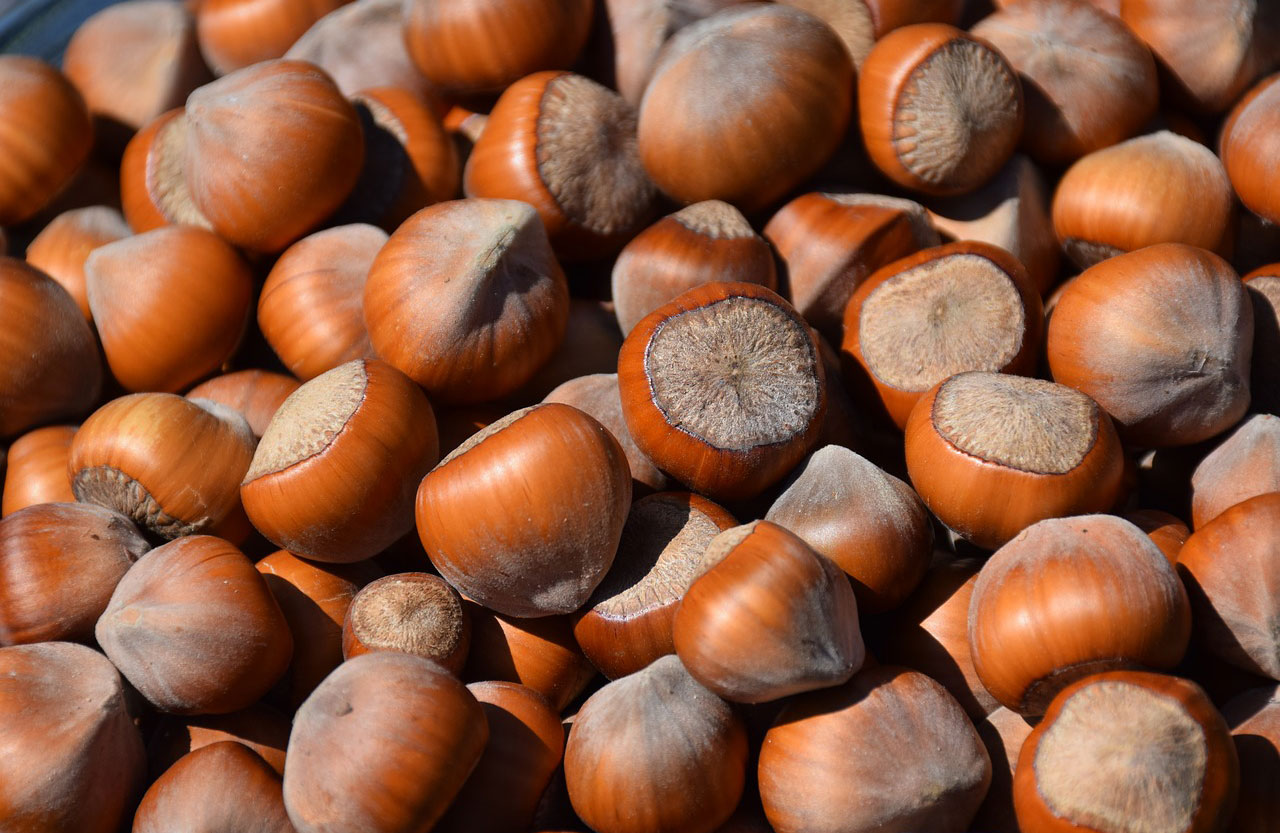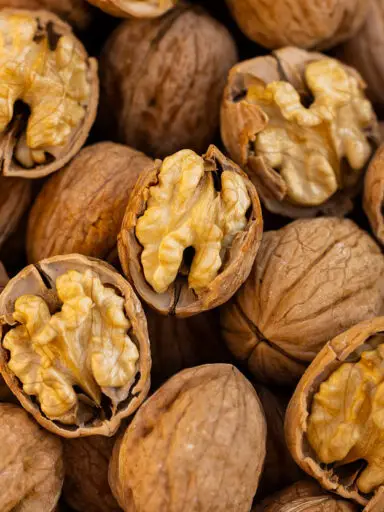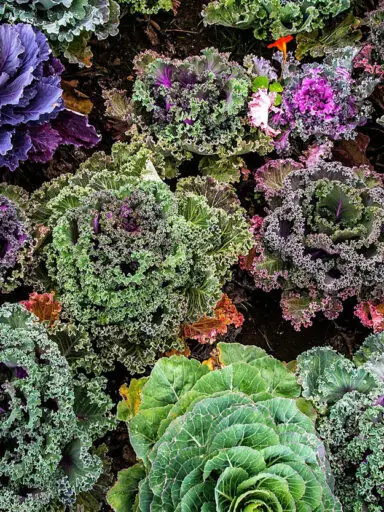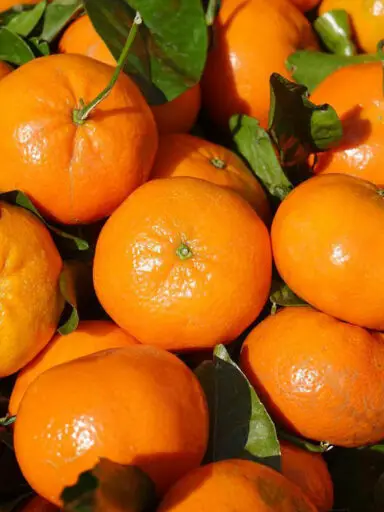Hazelnut also known as cobnut or filbert nut according to the species is the nut of the hazel tree. The nuts are spherical to oval in shape. They measure about 15 to 25 mm long and 10–15 mm in diameter.
Like the coconut, they have an outer fibrous husk surrounding a smooth shell. The nut usually falls out of the husk when ripe.
The nut has thin dark brown skin in color with off-white flesh. It originated in southern Europe and Turkey and is now grown around the world.
The biggest producers of Hazelnuts in the world are Turkey, Italy, Georgia, the United States, and Azerbaijan respectively.
The Hazel tree produces fruit nuts about three years after planting. They are available all year round in the markets and are sold in different forms such as shelled and unshelled.
They can also be sold unsalted, salted, ground, or in the form of a paste. It is preferable to buy unshelled and unprocessed raw nuts. The nut has a pleasantly sweet nutty taste to it.
Good nuts should be vibrant brownish-yellow color. They should feel heavy for their size. They should not have any bruises, cracks, mold, spots, or blemishes. They should also not have any rancid smell.
Good unshelled nuts can keep for several years in a cool, dry, and dark place. If shelled they should be stored in an airtight container in a refrigerator.
Hazelnut for Culinary Uses
The nuts can be eaten raw as a snack or prepared in various ways. You can roast, fry, sweeten or salt the nuts. The nuts are commonly used in confections, most notably pralines.
They are also used to garnish chocolate and chocolate truffles. They are also used to make hazelnut paste and spreads such as Nutella products.
Frangelico liqueur is made with Hazelnut. Hazelnut oil is used for cooking.
Nutritional Benefits
Hazelnuts provide 628 calories per 100 grams and it contains no cholesterol. It is an excellent source of protein mono-unsaturated fat and essential fatty acids. It is a good source of energy through carbohydrates as well as being rich in dietary fiber.
It is a rich source of B-complex vitamins including Folates, Niacin, and Pantothenic acid. It is also very rich in pyridoxine and thiamin as well as being a good source of riboflavin.
Hazelnut is a very rich source of vitamin E. It is also a good source of vitamin C and vitamin K.
As for minerals, it is very rich in copper and manganese. This nut is also a good source of potassium, calcium, iron, magnesium, phosphorus, and zinc.




